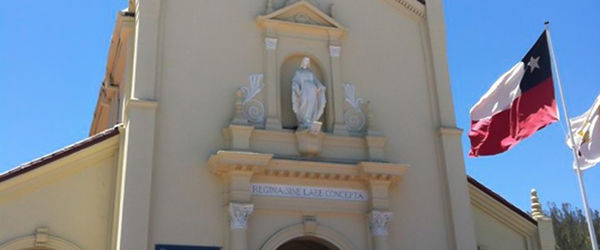Pope Benedict XVI is the subject of a recently released e-book penned by Monrovia resident and St. Therese Church parishioner Charles Coulombe.“The Legacy of Benedict XVI,” published by Diversion Books, is only available as an e-book and can be downloaded via Diversion and Amazon websites.A journalist, historian and commentator, Coulombe has written extensively on the church, most notably with his 2004 volume “The Vicars of Christ: A History of the Popes,” also from Diversion (a new updated edition is slated for release this May). “The Vicars of Christ” is an impressive history of the entire papacy, a subject that Coulombe — a former contributing editor of the National Catholic Register — has watched, studied and written about for many years.Coulombe’s historical knowledge was tapped into by the television media during the funeral of Pope John Paul II and the April 19, 2005 election (and subsequent installation) of Pope Benedict. Spurred on by Pope Benedict’s sudden resignation announcement, Coulombe penned the 25,000-word treatise on Pope Benedict with almost break-neck speed; it was completed a mere week after the deal was signed with the digital publisher. “It’s not too soon to look back at what Benedict did,” says Coulombe. “Like any legacy, none of us will be around to see what happened to the seeds he planted, but we have great indicators.”The book is divided thematically into three chapters: The Mother Church (a quick primer on the church and papacy), The Making of a Pope (historical background on Joseph Ratzinger), and The Benedictine Reform (changes that Coulombe sees as pivotal in Pope Benedict’s papacy).Reviewers of the Pope Benedict e-book applaud Coulombe’s work. Mercy Pilkington of Good EReader gave the volume 4 stars and wrote, “...the well-known author of titles that chronicle the Catholic church packs an astounding amount of history and cardinal regulation into that brief title.”In researching the early life of Pope Benedict, Coulombe was surprised to discover that Joseph Ratzinger has a cousin with Downs Syndrome who was taken away by the Nazis, a specific life event that would counter any charges of the pontiff of being pro-Nazi as a youth.For Coulombe, the leadership of Benedict will ripple through the current papacy of Pope Francis. Benedict inherited many challenges when he arrived at his post, says Coulombe, and “he used the tools he had and focused on elements that would have long lasting impact.” Those areas would eventually include: a more accurate view of the meaning of Vatican II in the modern world, an acceptance and encouragement of the Tridentine Mass, and the role of women religious in the church. In addition, Coulombe discusses Pope Benedict’s ecumenical outreach, especially to the Orthodox and Anglican communities.In Coulombe’s view, there is no comparable position on the world-wide stage to being the pope. “I suppose the closest we could come would be the Secretary General of the United Nations,” he says of the pope’s role as not just world leader, but as keeper of the faith for Catholics everywhere.“The sheer scope of what the pope does and what he represents is staggering,” he continues. “The best way that popes make effective changes is to make examples and lead by example.”

